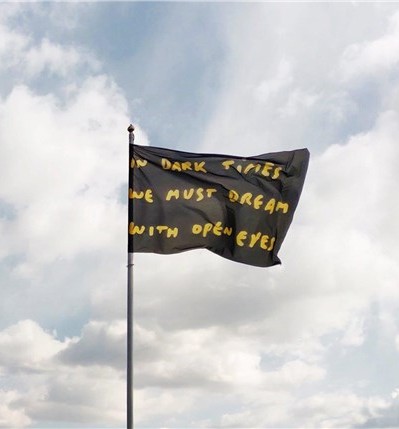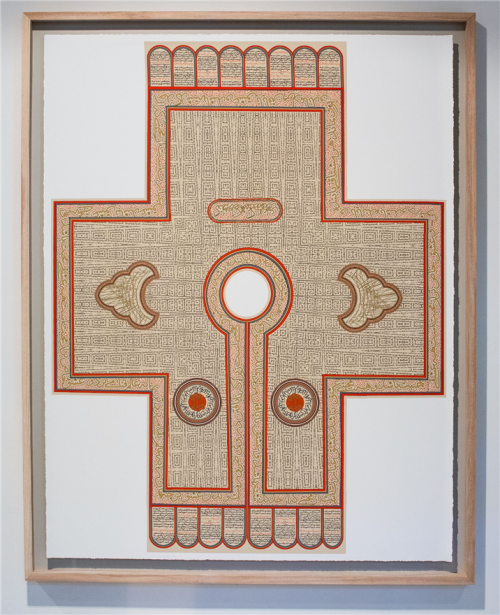Tehran,
No. 5 | Lolagar St. | Neauphle Le Chateau
24 July 2020 - 10 August 2020
It is not a wonder that artists who have inherited the traditions of intertwining text and image (particularly in reference to Persian Illustrated Manuscript art) should use words to create art. Nowadays, new contexts are added, whereby implications and associations are transformed with no changes in the meaning and shape of words and only by relocating and altering the context. Now words are moved and repositioned, not only in books and inscriptions but in every surface and space that can be seized. Words slide from one context to the next, and in this movement, both the pitch of the slide and the subject are important. But in every new encounter, there is more microscopic attention to meaning, and texts are read word by word. In the labyrinth of contexts and all languages, any disruption and multiplied references to add to the complexity of meaning. Of course, in a language as formal and as courtesies as Farsi, ambiguity can sometimes be received as literal meaning and sometimes as a complex and deceptive metaphor. Quoting a notable phrase can now be a critique of dominant powers. The most ordinary words can reference a trend, and the most common words can become personal manifestos. Any intimate word can become the voice of the public’s demands, and any suggestion can be perceived as an insult and any ridicule a political and social action. In this way, even elimination and absence of meaning can be considered meaningful, and the fieriest texts castrated stammer.
Akram Ahmadi Tavana

